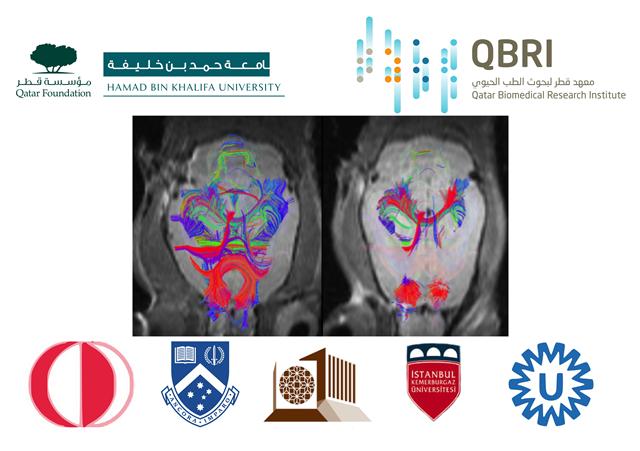

DOHA: A new research initiative by local and international experts will examine the processes that lead to loss and recovery of function after traumatic brain injury.
The Qatar Biomedical Research Institute (QBRI) — one of Hamad Bin Khalifa University’s (HBKU) three specialised national research institutes — is spearheading a major international initiative for research on traumatic brain injury that will involve extensive collaboration between leading specialist researchers from around the globe over the next three years.
QBRI will work with the Biomedical Magnetic Resonance Imaging and Spectroscopy Group at the University Medical Centre (UMC) Utrecht in the Netherlands on the project, which has been made possible through a grant from the National Priorities Research Programme of the Qatar National Research Fund.
In addition to experts from QBRI and UMC Utrecht, the multidisciplinary research initiative also brings together experts from Qatar University, Monash University in Australia, Istanbul Kemerburgaz University and the Middle East Technical University in Turkey.
Research will provide new knowledge on the processes that lead to loss and recovery of function after traumatic brain injury and focus on characterising physiological, structural and biomolecular changes in brain tissue responsible for functional impairment.
The Lead Principal Investigator on the project is Dr Erwin Blezer, a scholar of immunology, neuroscience and physiology at UMC Utrecht and the co-Lead Principal Investigator is Dr Mohamed Ali from QBRI.
The QBRI team will focus on deciphering cellular and biochemical changes that occur in responses to traumatic brain injury and work closely with the UMC team to combine this information with brain imaging data to elucidate the molecular pathways that modulate brain cells damage and recovery, according to Dr Ali.
“The project will not only extend our knowledge on the development of damage in the brain after traumatic brain injury, but will also lead to new insights into intrinsic recovery mechanisms,” said Dr Blezer.
More than 10 million people worldwide suffer from traumatic brain injury and the condition is considered the leading cause of death and disability among people under 45.
In Qatar, the number of people affected by traumatic brain injury is nearly twice as high as in Europe. With few therapeutic interventions available to protect the brain or facilitate recovery, inquiry into the issue is critical.
Attempting to provide insight into traumatic brain injury, the project will use animal models of TBI and advanced imaging techniques to elucidate small-scale underlying changes at the organ, tissue and cellular levels. The work will be mainly conducted in the Netherlands and Qatar.
The Peninsula




